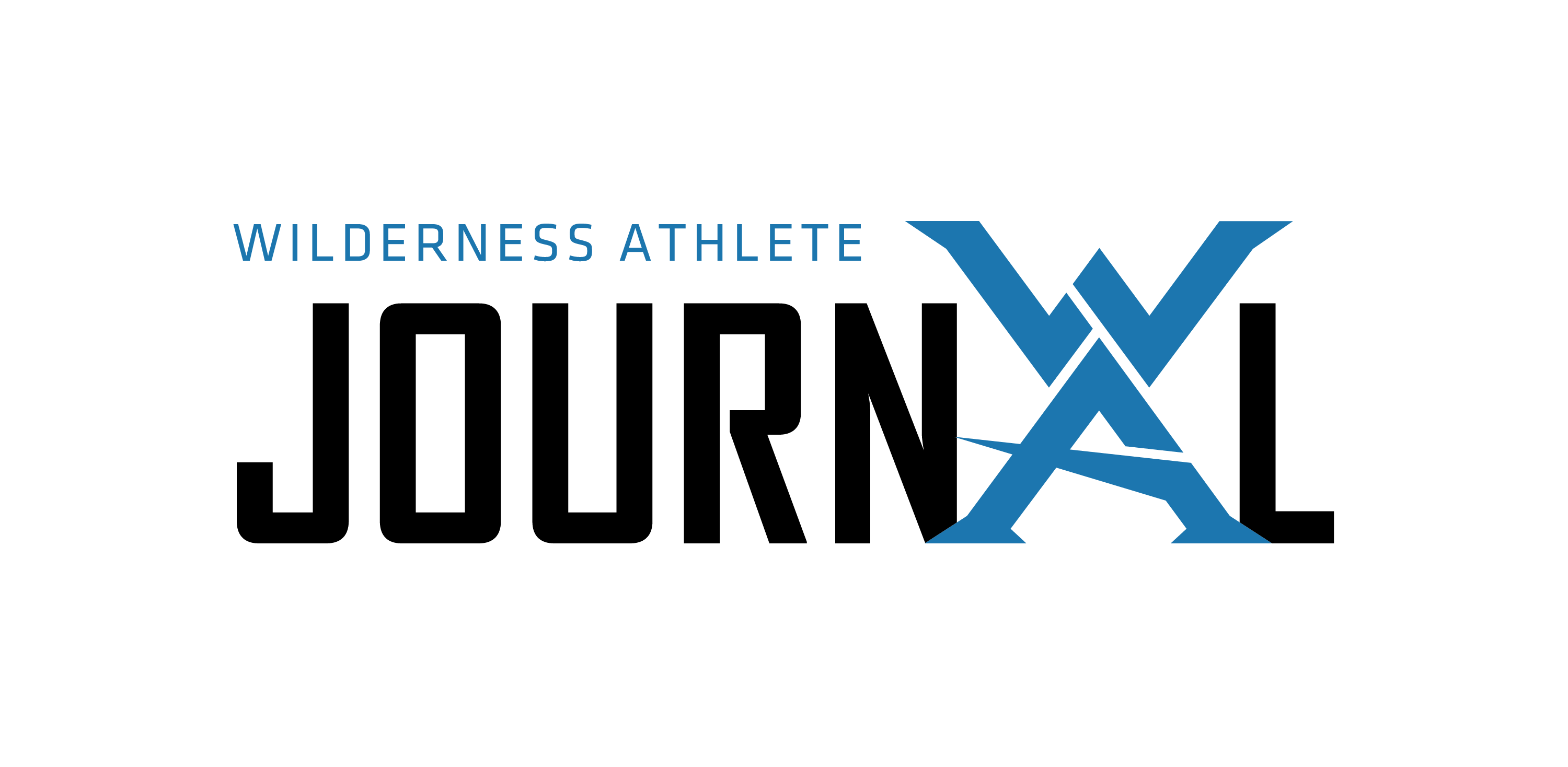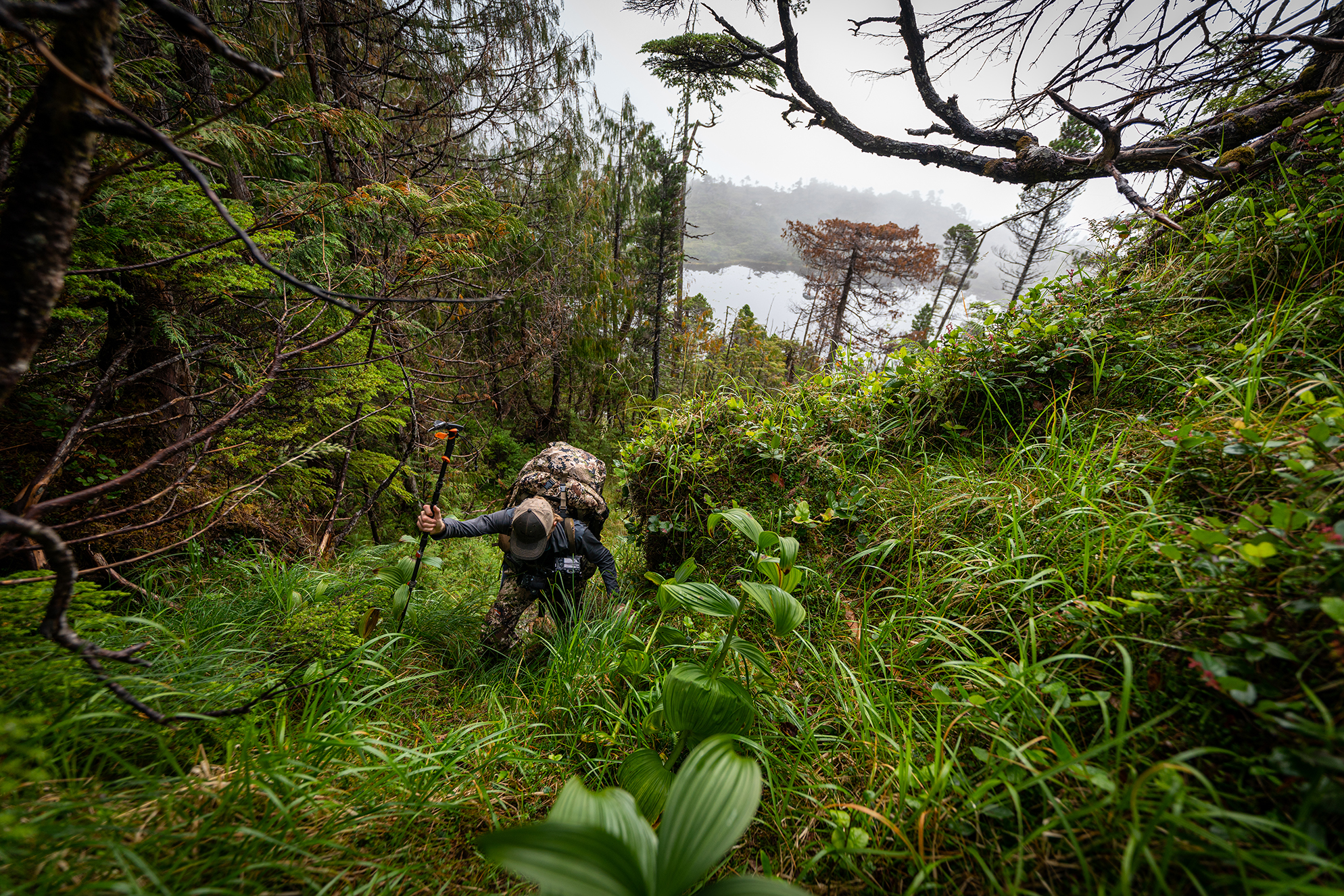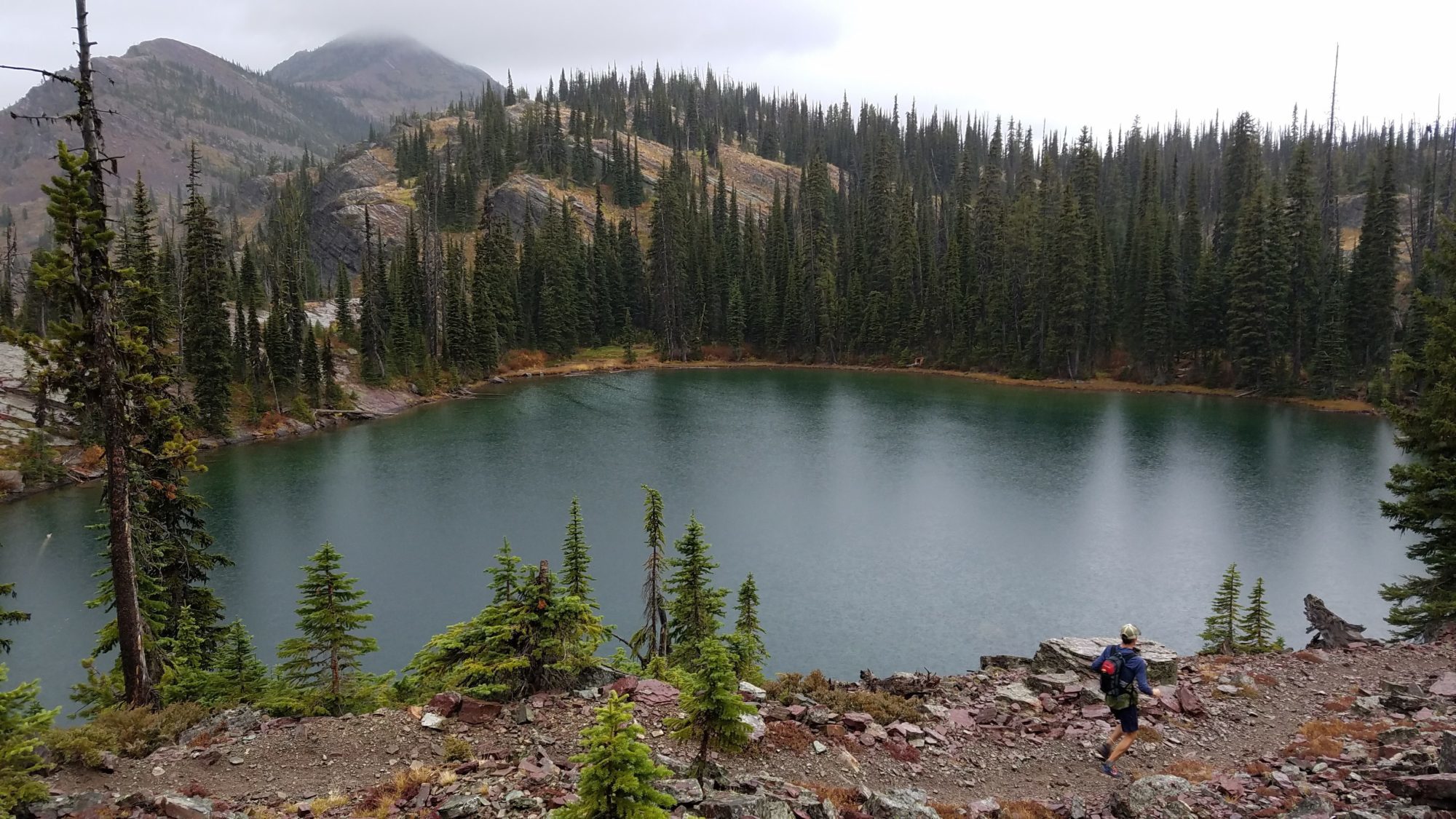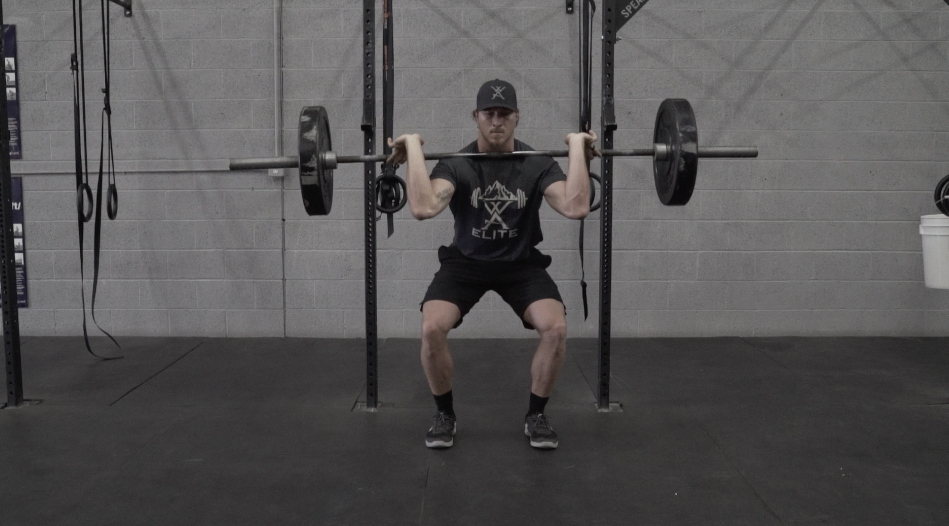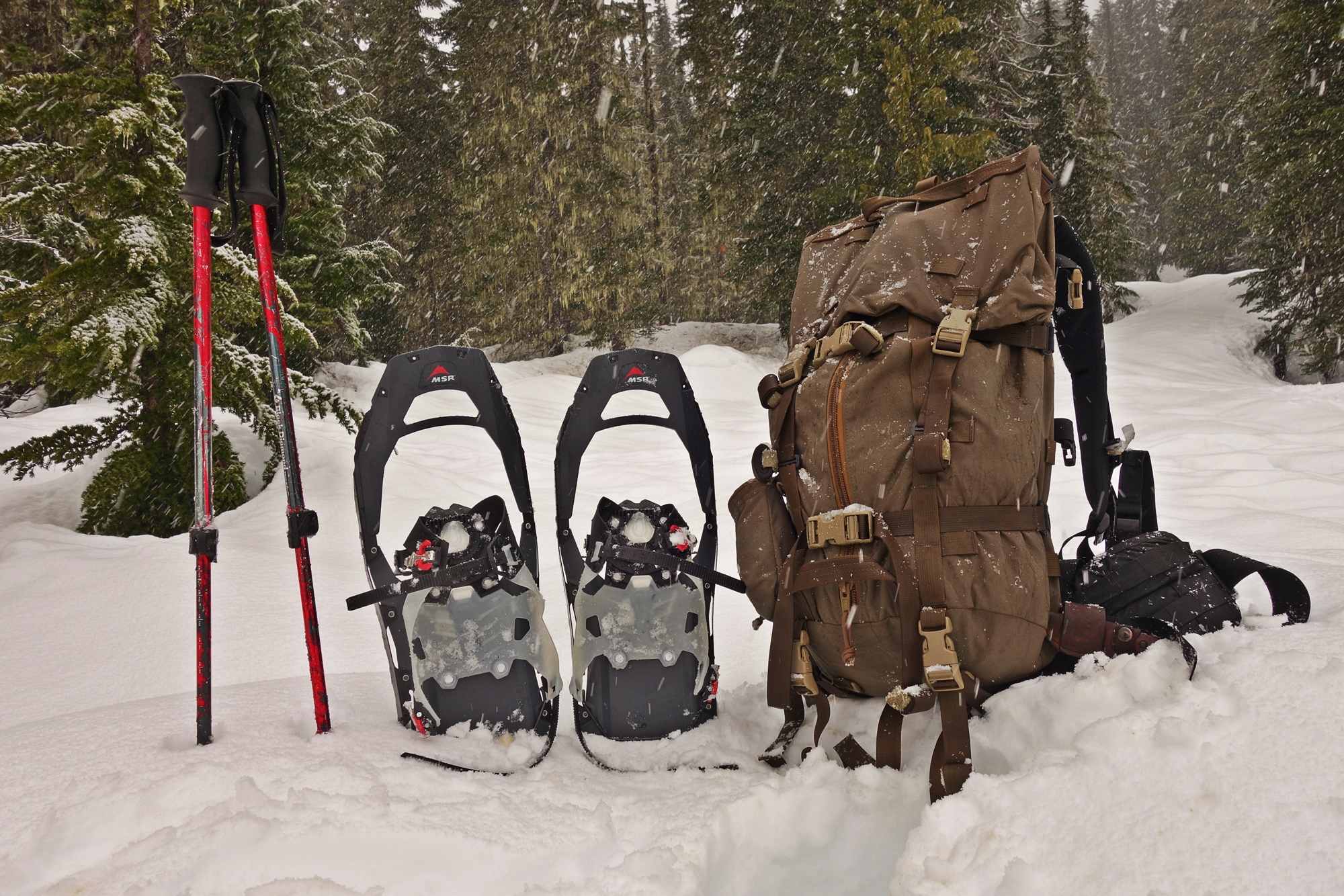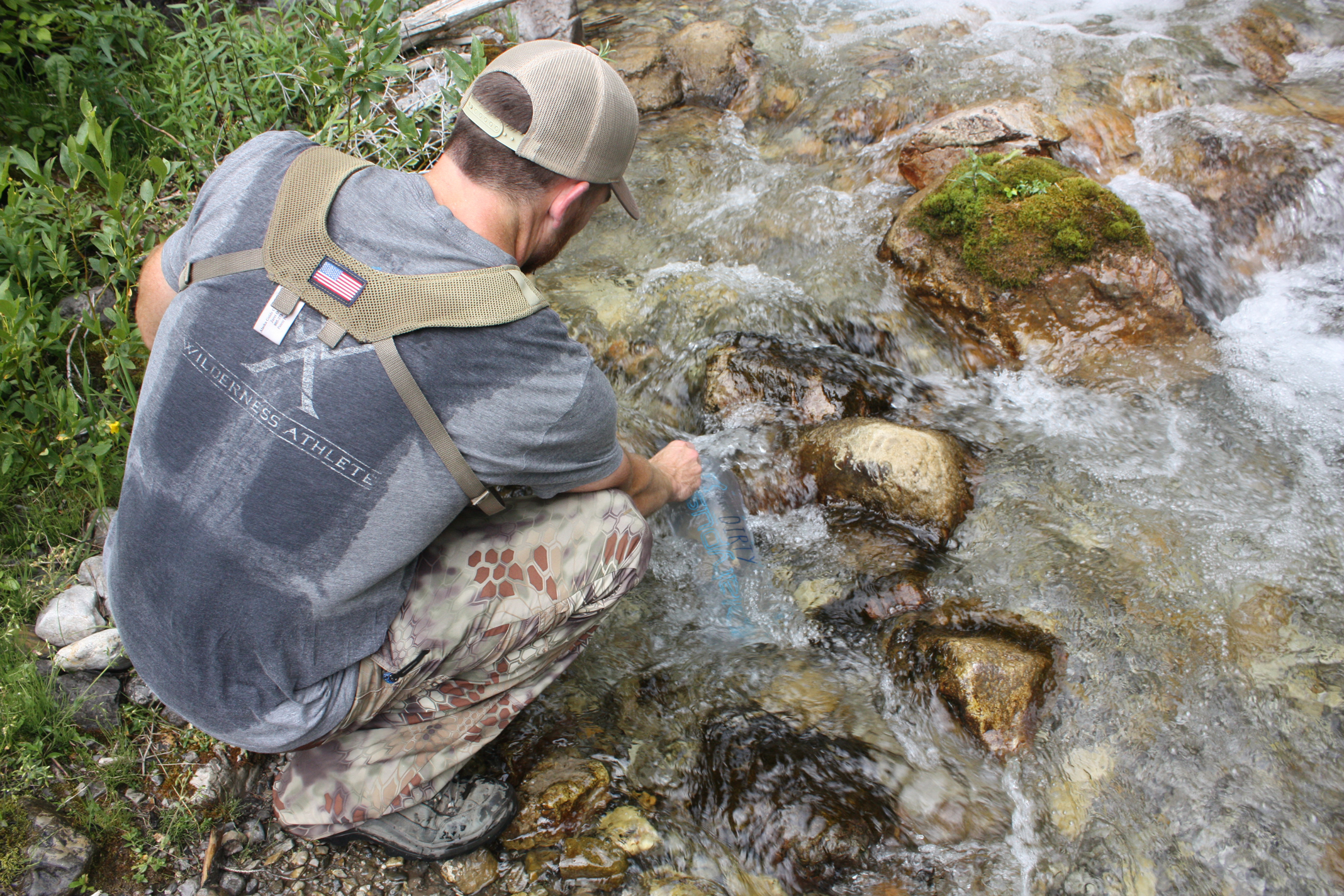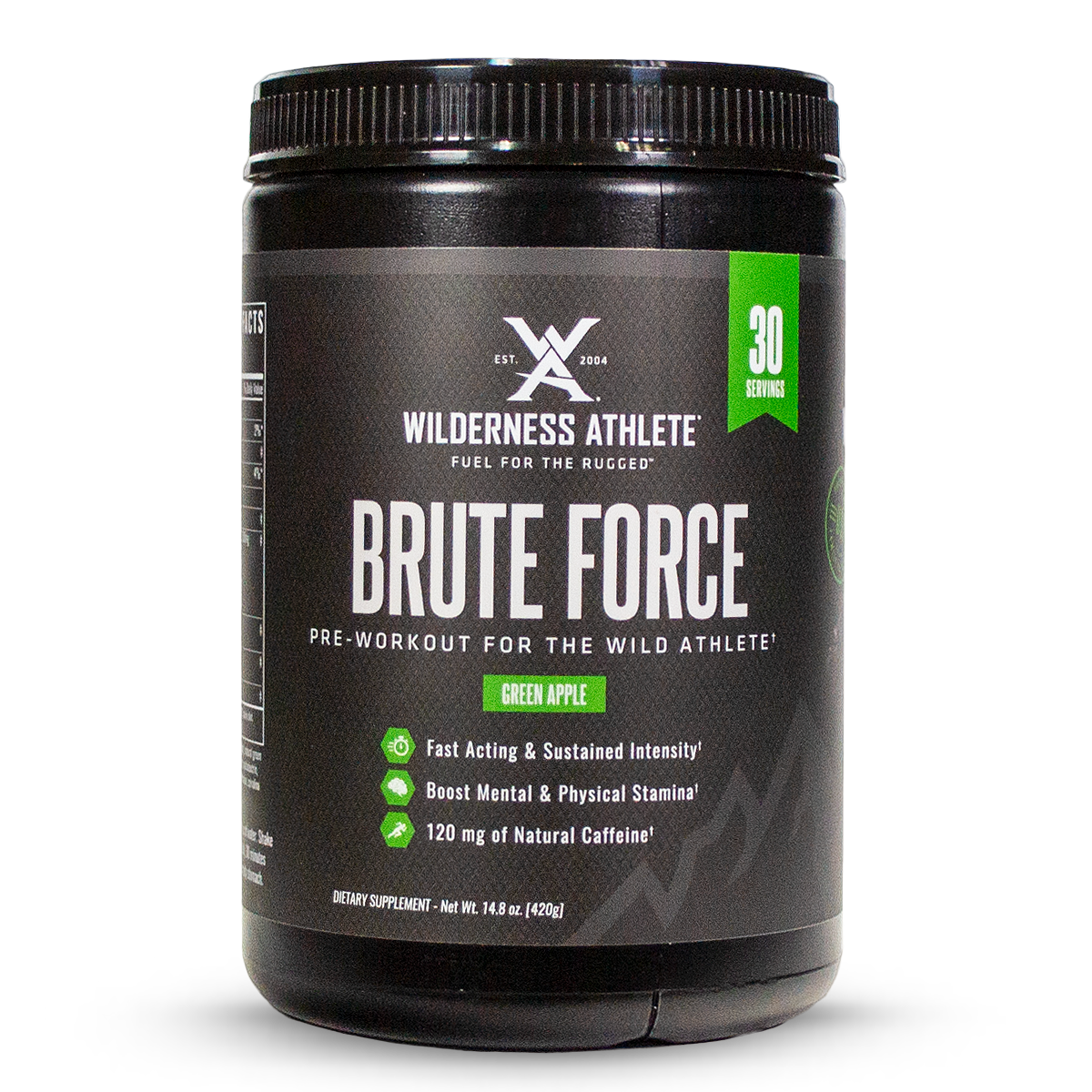As I loaded up my backpack at the truck, anticipation rushed through me like a strong spring run off. It would be my first time backpacking into an area to hunt and sleeping miles from the comfort of the truck. This first trip was only going to be for 2 nights, but in my head it felt much bigger. Taking on something like this and exploring outside of your comfort zone is much easier said than done. Nonetheless, I strapped on my pack, grabbed my bow, and started making the push up to the mesa I’d planned to camp on. Immediately, after starting my hike I wondered if I was cut out for this or not. My pack felt so heavy and the thought of bringing a deer out too just didn’t seem physically realistic for me at the time. This backcountry hunting trip was eye opening to say the least.
I knew that if I wanted to keep hunting the backcountry, I needed to pay much more attention to my physical fitness beforehand. So, the journey to better fitness and backpack hunting began. Which leads to the topic at hand.
How does someone go about physically preparing for backcountry hunting?
Why
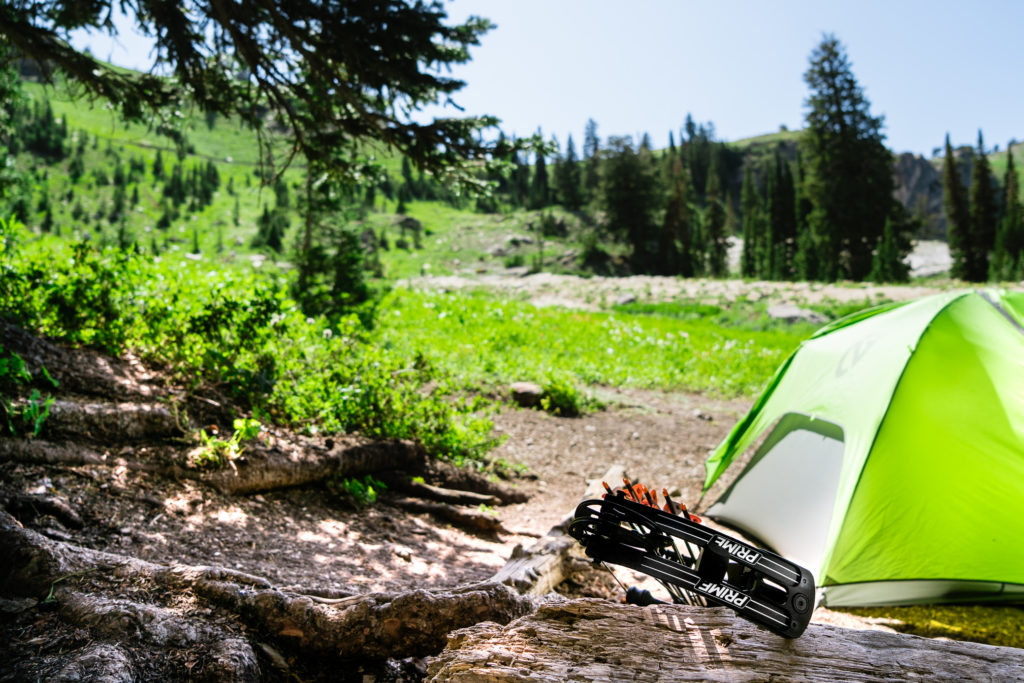
In order to better understand how to prepare for these endeavors, let’s dive into why for a tick. The fact of the matter is, hunting the backcountry gets romanticized quite a bit. There is so much push out there in hunting media to venture miles from a road and live in the dirt. All the while chasing around North American Big Game. Backpack hunting is truly an amazing experience, but it’s also just plain difficult. Just hiking into camp can be hard enough, let alone living back there for a week or more at a time and hunting all day every day. It takes a toll on folks. So much so that it will even drive some back to the vehicle.
When we are feeling depleted, it’s hard to be motivated to go hunt all day. Just getting up out of bed every morning is a chore and our bodies feel like they’ve been through a war. Positivity soars out the window and we start questioning why we are even back there in the first place. It doesn’t have to be like this though.
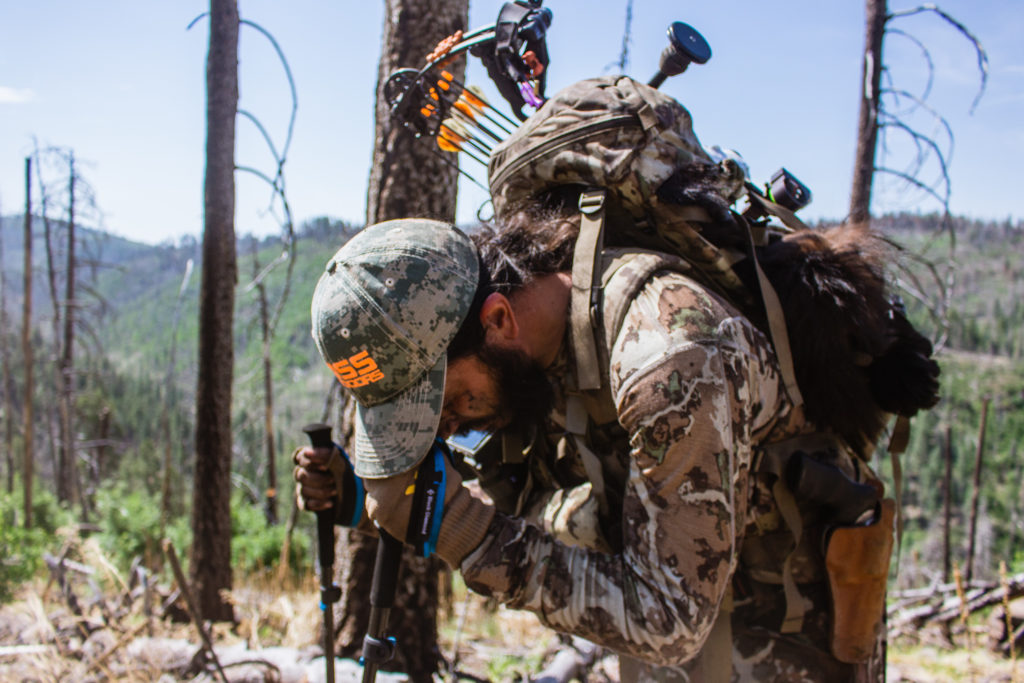
By upping our physical fitness level beforehand, we are putting ourselves on a road to better backcountry hunting. The less we have to worry about how sore we are, or if we can make it to the next ridge, the more we can worry about hunting. Overall, a hunter is just going to feel better out there. In turn, I believe this will lead to a better attitude and a better experience
How
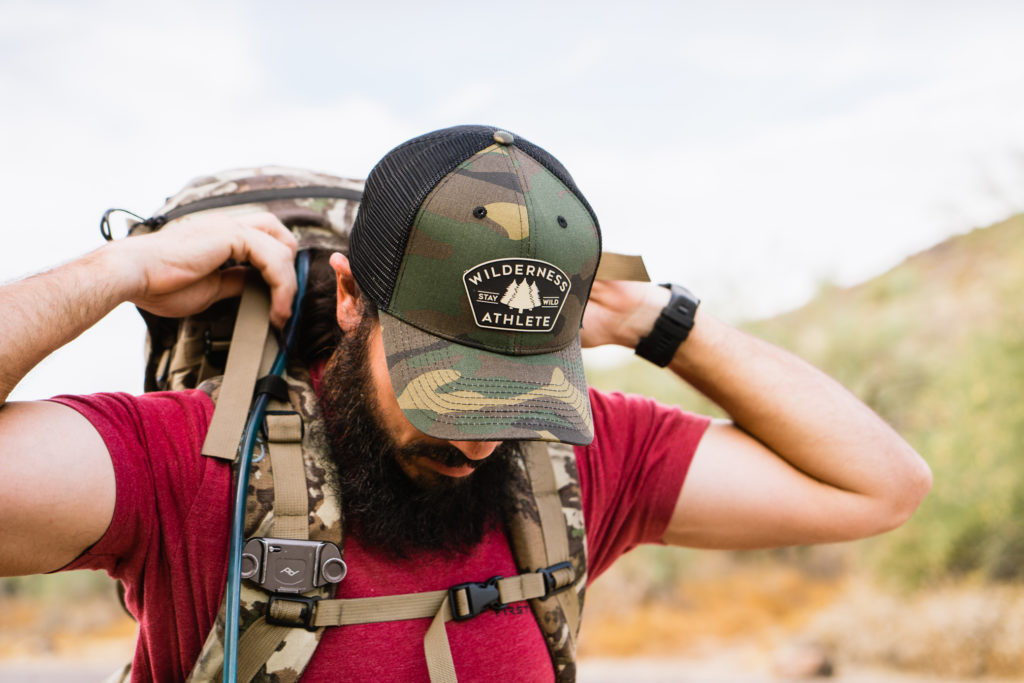
Hitting the weights, running ultramarathon races, and smashing CrossFit WOD’s. There are all sorts of ways to prepare our bodies for backcountry hunting. Which way or ways a person chooses is totally up to them and their schedule. How I see it is, if the workout motivates you and works with your lifestyle, then do it. Don’t worry too much about what other folks are doing. I think it does need to be functional training though and reflect one’s goals. In this case, it is being fit for backpack hunting. While benching 250 pounds is no doubt awesome, that’s not really something that is going to help out too much.
Backpack hunting is about being able to go day after day and not stopping. It’s about a mix of strength and endurance. A strong core is going to help a ton for stability in steep country and heavy packouts. Your endurance though is what will push you through these grueling hikes and lead you to the top of the mountain. It will be there when it feels like going is impossible. A good balance between strength and endurance is going to do the body well for the backcountry. There are several ways to achieve that, but here is what has worked for me.
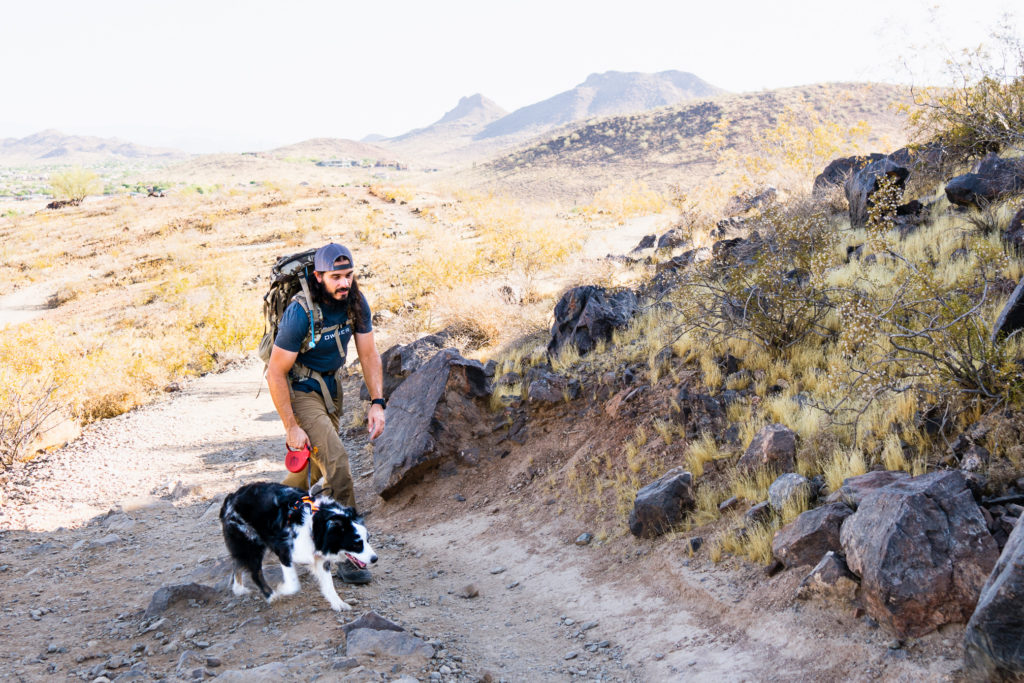
I have 3 different types of workouts that I do to get ready for backpack hunting. These are most definitely not the only ways to achieve this, but they’ve done me well. Each of them are full body workouts, which I believe is important. Focusing more on functional training instead of the traditional isolated muscle group (back and bi’s) route is going to help you way more in the field.
HIIT
The first is HIIT (high intensity interval training). These workouts are fast and intense with very little breaks. I really like this because it promotes endurance, and we can add weights into the equation to promote strength. An example would look something like this:
- 15 burpees
- 25 Russian Twists(weighted)
- 1 minute on the row machine
- 20 kettle bell swings
- 20 mountain climbers
- Rest 1 minute and repeat 2-3 more times
That’s an example of what I would call 1 round of a HIIT workout. Usually, I will do 3-4 rounds total for a workout in the gym. This can last anywhere from 30 minutes to an hour.
CrossFit
CrossFit is a fantastic way to get ready for backcountry hunting. It’s intense, grueling, and will knock you right into the ground! CrossFit is a high intensity workout that combines weightlifting, calisthenics, and cardio. They are formatted as timed workouts where the goal is to improve on your own time.
I do want to mention that for any of the advanced lifts (Olympic style), please be sure to know what you’re doing ahead of time or seek advice from someone that does. We don’t want to get injured before our hunts. I’m not going to include these here, because I don’t do them myself, and I don’t think they are necessary for backcountry prep. Here’s an example of a CrossFit WOD (workout of the day).
Helen WOD 3 rounds for time (as fast as possible with as little breaks as possible)
- 400-meter run
- 21 kettle bell swings
- 12 pull-ups
CrossFit workouts are great for the person that doesn’t have a ton of time to devote to getting in shape. They rarely will go past 20-25 minutes, but you’ll feel like you got hit with a truck afterwards. There have been times I’ve almost puked after only 11 minutes doing this stuff.
Weighted Pack Hikes
What better way to get ready for backpack hunting than to load up your pack and hike a trail right? I like to load up my pack with around 30-40 pounds and hit the trail for the morning. Whether it’s 2 miles or 10 miles, doing this is no doubt a fantastic way to replicate backpack hunting. If a trail isn’t in the cards for where you live, totally fine. I’ve also loaded my pack with 80 pounds and just walked around the neighborhood. More weight goes in, just because there isn’t any elevation gain or loss in my neighborhood. Feel free to take a backpack to the gym too. Load it up and hit the Stairmaster or the mountain peaks setting on the treadmill.
Check out the Atlas Trainer by Outdoorsmans!
You Don’t Have To Go Crazy
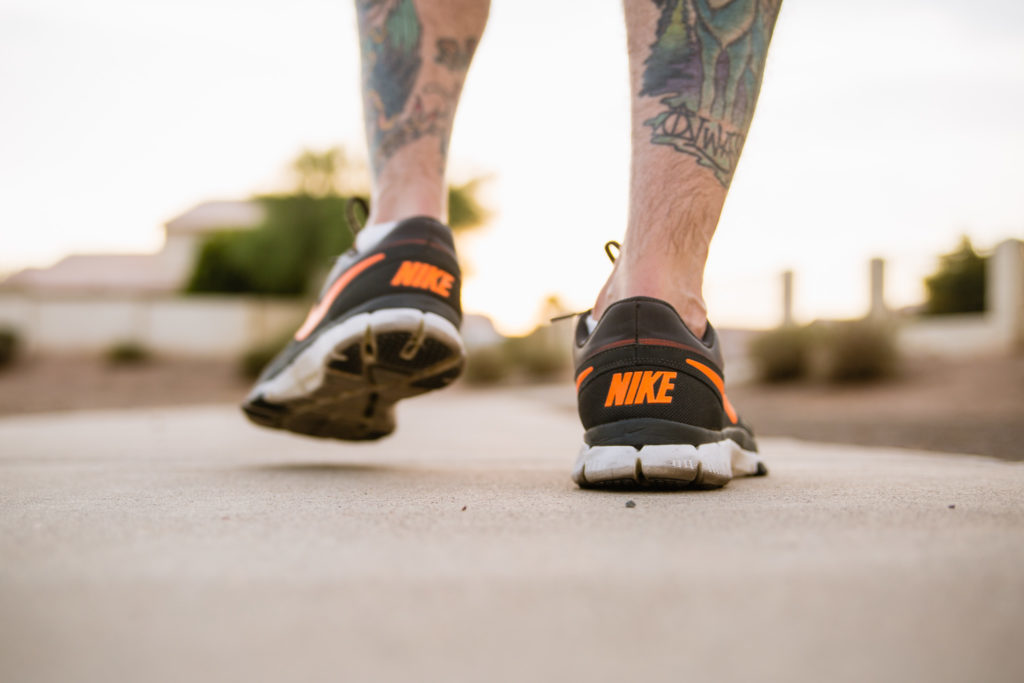
In the midst of all of this, don’t feel like you’ve gotta go crazy and be the next iron man or something. There are indeed folks that will train 7 days a week for their hunts and that is fine. It isn’t necessary though. 3 days a week will do the trick. An example could be Monday, Wednesday, Friday. This gives a rest day in between and weekends off. With that being said, make sure that you are in your workout 100%. Don’t put in minimal effort with minimal days to workout and expect maximum results. That’s just not realistic.
Closing
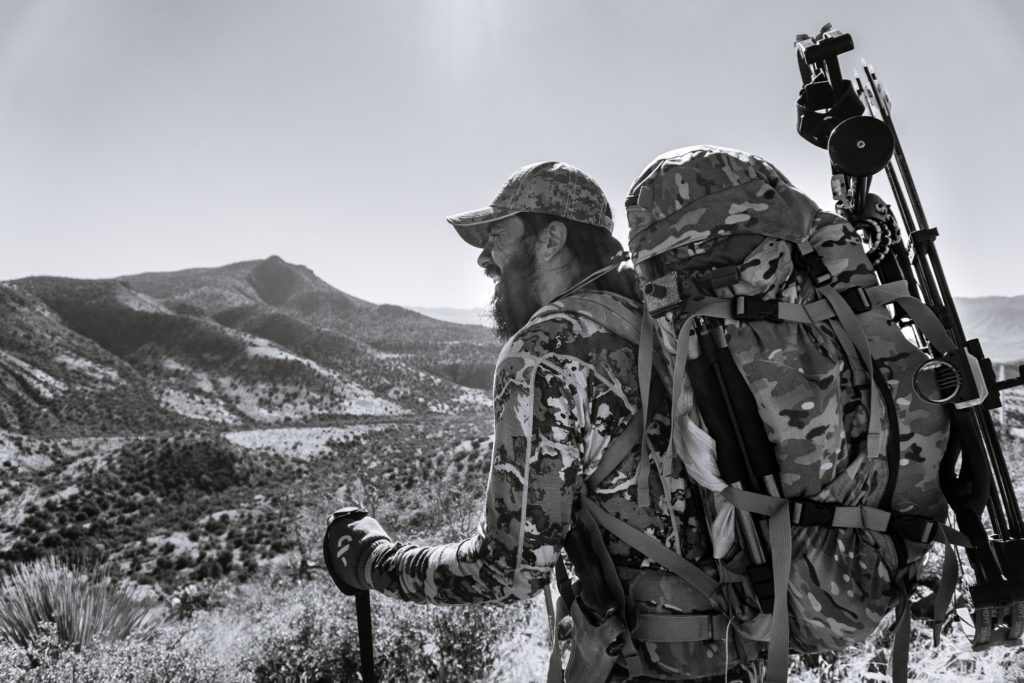
With a load of sweat and one step at a time, I made it to the top and did my hunt. It was unforgettable and the catalyst to my love for backcountry hunting today. After a few days of getting my butt handed to me, both by the country and the Coues deer, I found myself walking back to the truck with a quiver full of arrows and a huge smile on my face. I did it. My first backpack hunt was in the books. And, if I’m being honest, there was a small part of me that was glad I didn’t have a super heavy load to carry back to the truck. I didn’t want to feel like that in the future, and from that point on, things were different.
Since then, I have backpack hunted throughout AZ and multiple other western states. Without caring about physical fitness, I don’t know if I’d still be doing it to tell you the truth though. It is necessary to put stock in it. While training might have been something that changed up my routine a bit, what remains the same is that huge smile on my face.
